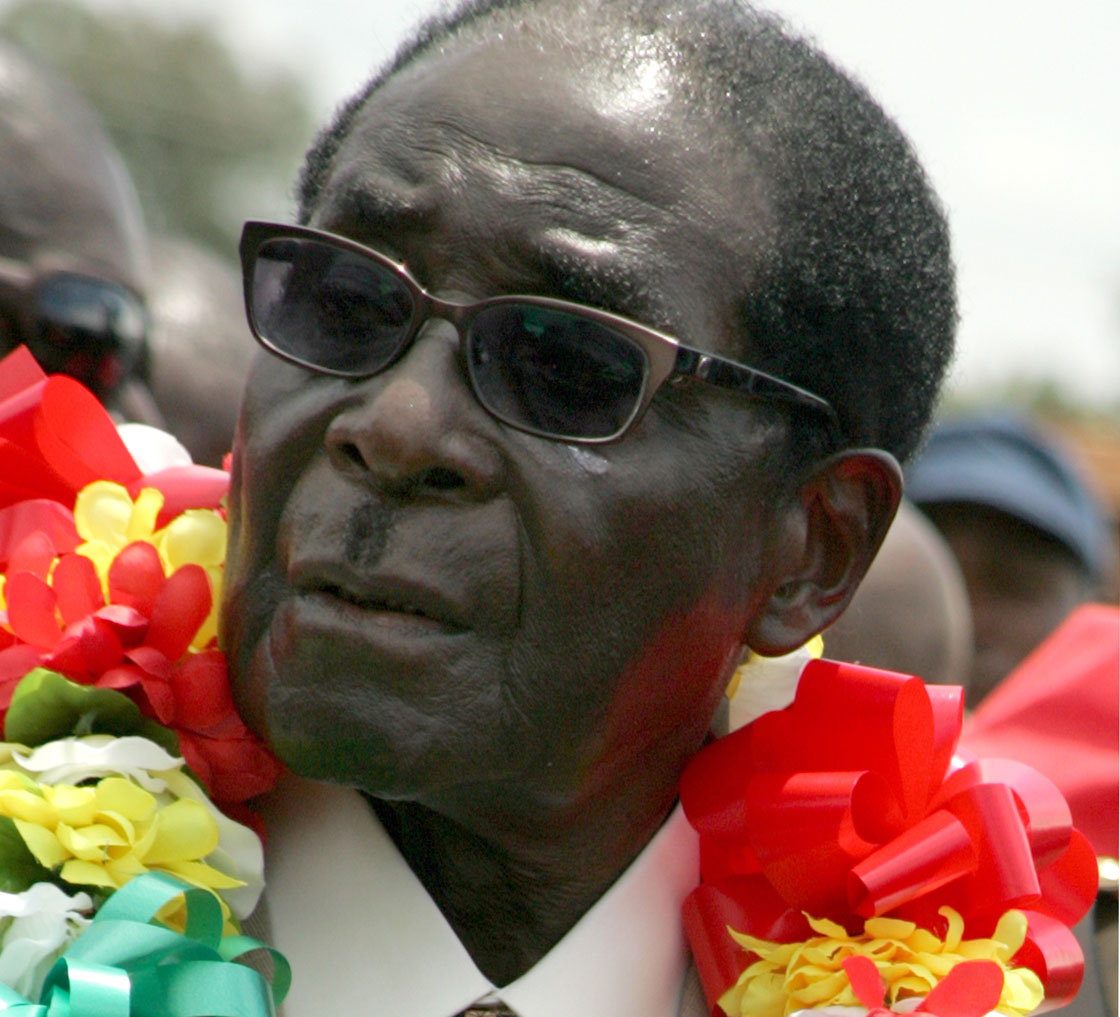HARARE, Zimbabwe – Zimbabwe’s longtime President Robert Mugabe won 61 per cent of the presidential vote, trailed by opposition leader Morgan Tsvangirai at 33 per cent, election officials announced Saturday.

Mugabe, 89 and in power for 33 years, has another five-year term in office, according to the results.
Mugabe’s party won 158 of the 210 parliament seats, giving it a two-thirds majority in the legislature that enables it to make amendments to the new constitution and existing laws, according to the results announced by the state Election Commission. Tsvangirai’s party captured 50 seats and two went to independent candidates.
Tsvangirai earlier Saturday rejected the results as fraudulent and called for fresh elections. He urged a peaceful response to the alleged massive rigging by Mugabe’s ZANU-PF party.
Tsvangirai said his Movement for Democratic Change party has in its possession evidence of massive rigging by Mugabe’s ZANU-PF party in the just-ended polls and will challenge results from Wednesday’s voting.
“People of Zimbabwe must be given another chance to participate in a free, fair and credible election. They have been shortchanged by a predetermined election,” he said.
Tsvangirai told a news conference that the outcome of the polls has extended Mugabe’s rule which has plunged the nation into economic and political turmoil.
He said Mugabe’s victory in the polls has “dashed people’s hopes and aspirations.”
“There is no celebration, there is national mourning,” Tsvangirai said.
He said his party will not “participate in any government institutions” in protest but stopped short of saying it will boycott its reduced seats in the Harare parliament.
Mugabe’s loyalist army and police have set up security posts in Harare Saturday, apparently in case there are any protest demonstrations.
“We are rejecting the results because they are fraudulent,” Tsvangirai said. “We will go back to our people. Our people are the ones hurting. Our people are disciplined. We don’t want a violent resolution to this crisis.”
He said a complete audit is needed of the shambolic voters’ lists, which was only made available at the time of the election.
Official results have shown large disparities between votes cast for Tsvangirai’s party in the violent and disputed polls in 2008 and a higher turnout than at the March referendum when all parties supported a “yes” vote and voters’ lists were not used.
Tsvangirai’s party lost several seats in its Harare urban strongholds by massive margins compared to their overwhelming votes in 2008.
In one Harare constituency, Tsvangirai’s party won with 9,538 votes to 8,190 captured by Mugabe’s party. In 2008 the same district voted for the MDC candidate, Tendai Biti, by about 8,300 ballots against Mugabe’s 2,500 votes.
“It is ZANU-PF’s imagination that they have won this election, they know the truth,” Tsvangirai said Saturday. “We have been robbed.”
Independent monitors have charged that as many as 750,000 voters were prevented from casting their ballots on Wednesday because of irregularities in voters’ lists.
They allege thousands of unregistered voters were allowed to vote.
The continent-wide African Union and regional monitors of the Southern African Development Community, or SADC, have generally endorsed the elections as peaceful, but have expressed misgivings over how voting numbers might have been manipulated and have demanded a full account of voter numbers from the official state election body before passing their final judgment on whether the polls were free, fair and credible.
Observers generally commended actual polling for being free of violence that has dominated campaigning against Tsvangirai in his two previous challenges for the presidency in 2002 and 2008.



Comments